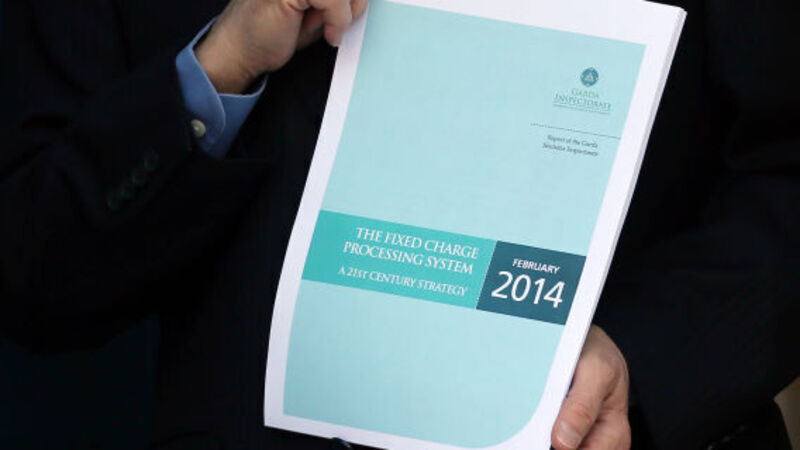‘Public scrutiny brought failures to light’

In a damning summation of the findings, it said there was:
n“Consistent and wide- spread breaches of policy” by those administering the system.
Try from €1.50 / week
SUBSCRIBEIn a damning summation of the findings, it said there was:
n“Consistent and wide- spread breaches of policy” by those administering the system.
Already a subscriber? Sign in
You have reached your article limit.
Annual €130 €80
Best value
Monthly €12€6 / month
Introductory offers for new customers. Annual billed once for first year. Renews at €130. Monthly initial discount (first 3 months) billed monthly, then €12 a month. Ts&Cs apply.
CONNECT WITH US TODAY
Be the first to know the latest news and updates
Newsletter
Keep up with stories of the day with our lunchtime news wrap and important breaking news alerts.
Sunday, February 8, 2026 - 5:00 PM
Sunday, February 8, 2026 - 6:00 PM
Sunday, February 8, 2026 - 1:00 PM
© Examiner Echo Group Limited